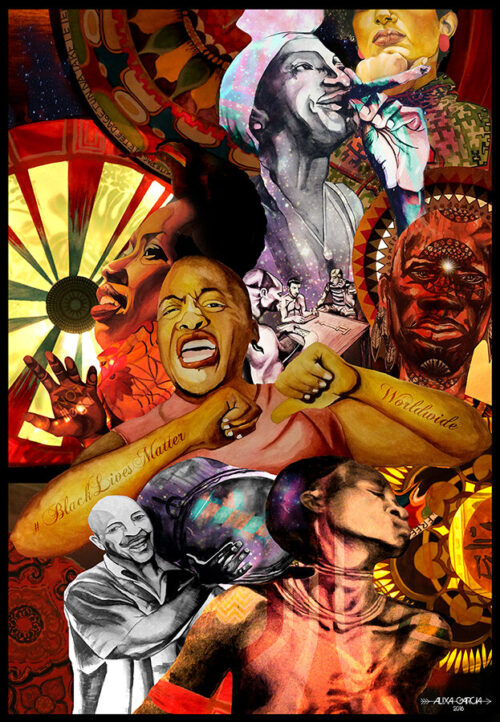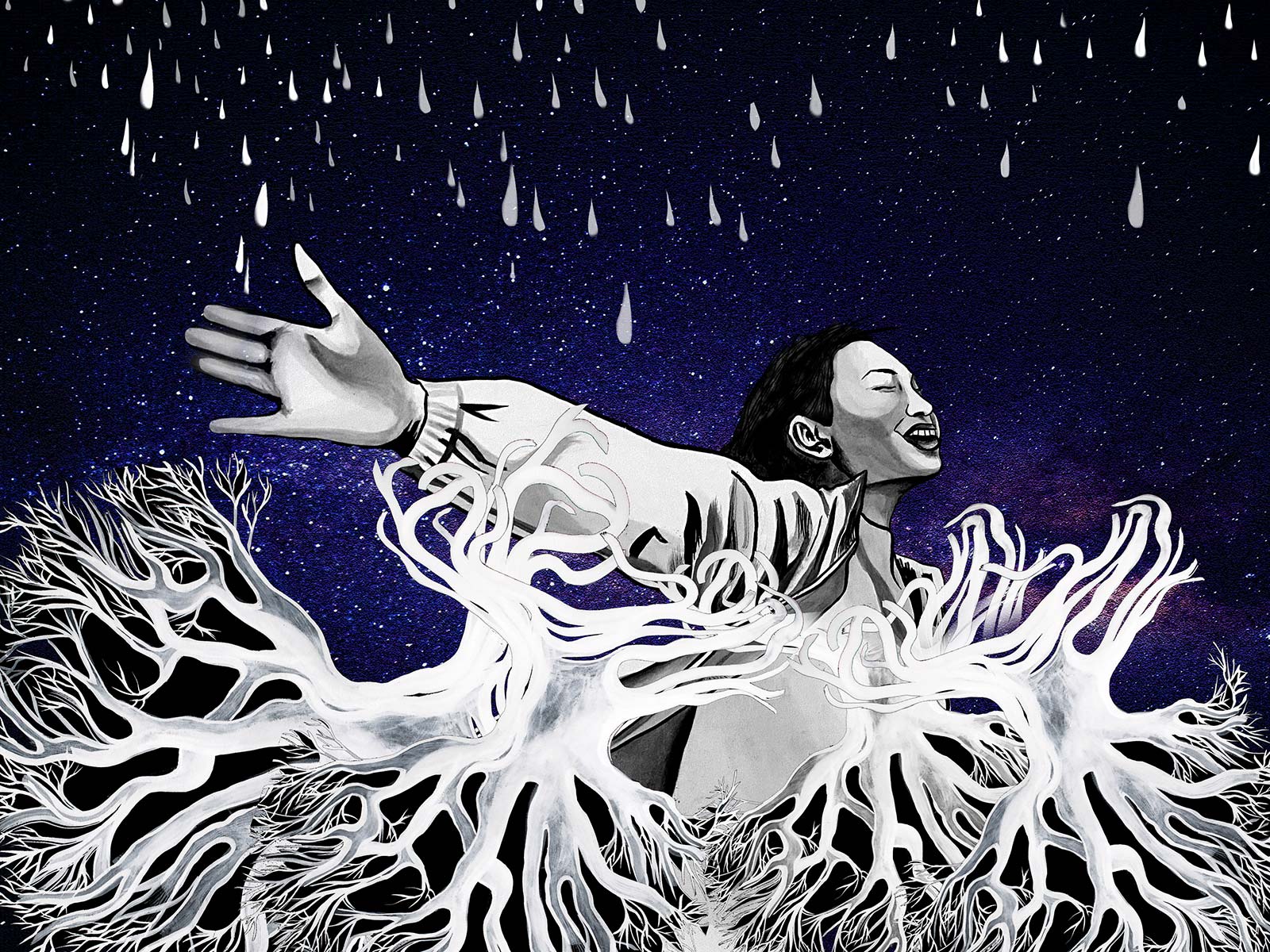Our internal CWC Slack channel is full of poems, articles, videos, etc. that both inform and reflect our work. Here is a small sampling of what’s inspiring us.

AdrienneMarieBrown.net, Februrary 20, 2018
Radial Gratitude Spell
a spell to cast upon meeting a stranger, comrade or friend working for social and/or environmental justice and liberation:
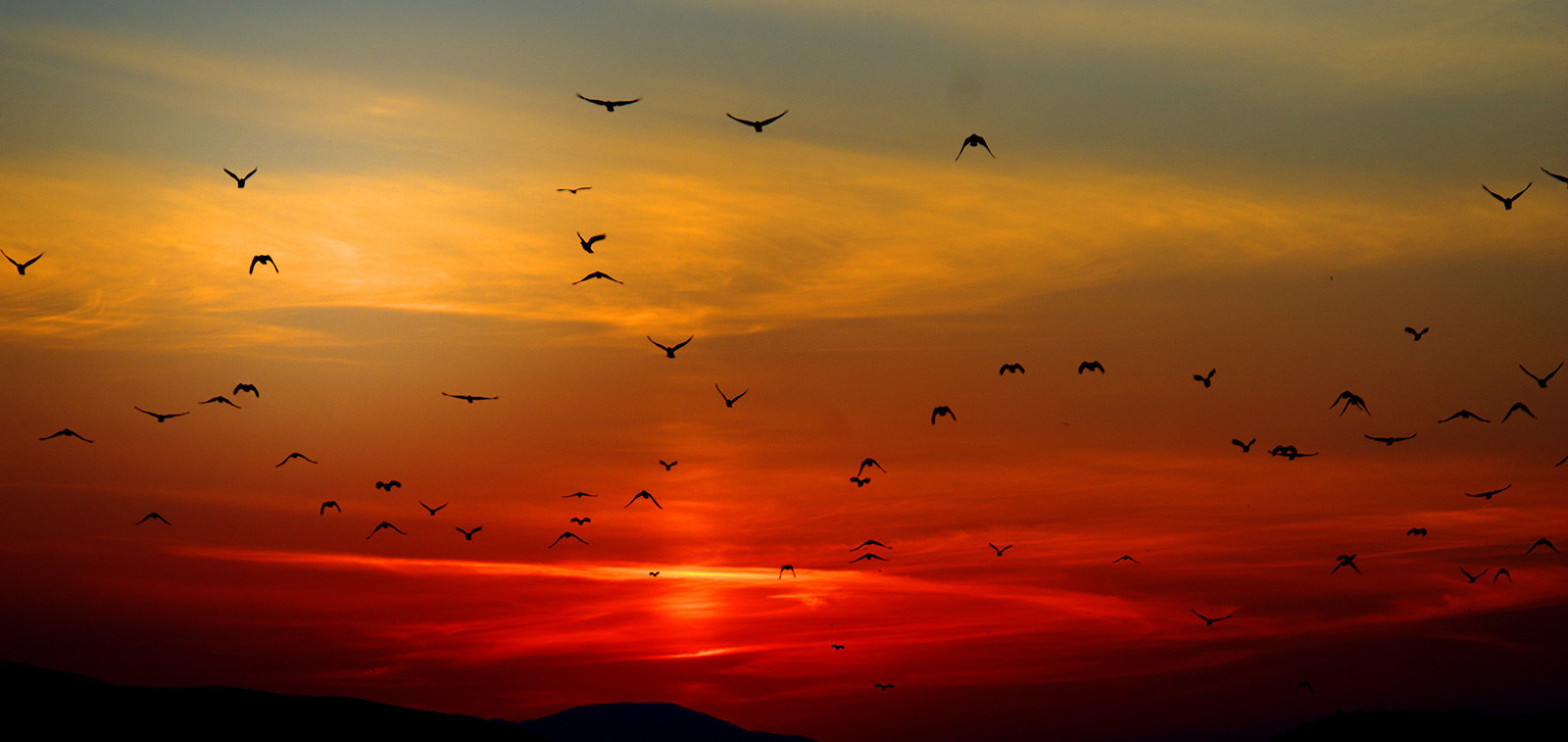
You live inside us, beings of the future. In the spiral ribbons of our cells, you are here. In our rage for the burning forests, the poisoned fields, the oil-drowned seals, you are here. You beat in our hearts through late-night meetings. You accompany us to clear-cuts and toxic dumps and the halls of the lawmakers. It is you who drive our dogged labors to save what is left. O you who will walk this Earth when we are gone, stir us awake. Behold through our eyes the beauty of this world. Let us feel your breath in our lungs, your cry in our throat. Let us see you in the poor, the homeless, the sick. Haunt us with your hunger, hound us with your claims, that we may honour the life that links us. You have as yet no faces we can see, no names we can say. But we need only hold you in our mind, and you teach us patience. You attune us to measures of time where healing can happen, where soil and souls can mend. You reveal courage within us we had not suspected, love we had not owned. O you who come after, help us remember: we are your ancestors. Fill us with gladness for the work that must be done.
Prayer to Future Beings, by Joanna Macy
Articles and ideas that caught our eye
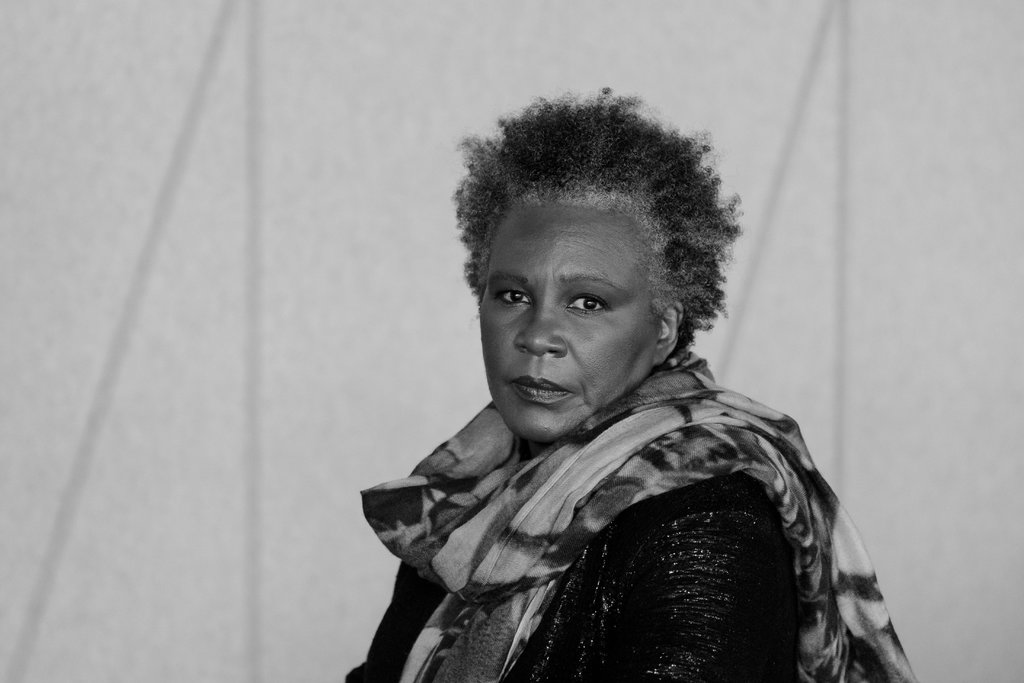
New York Times, December 20, 2020
‘Weather’ — The poet Claudia Rankine writes for the Book Review about the climate in America at this moment.
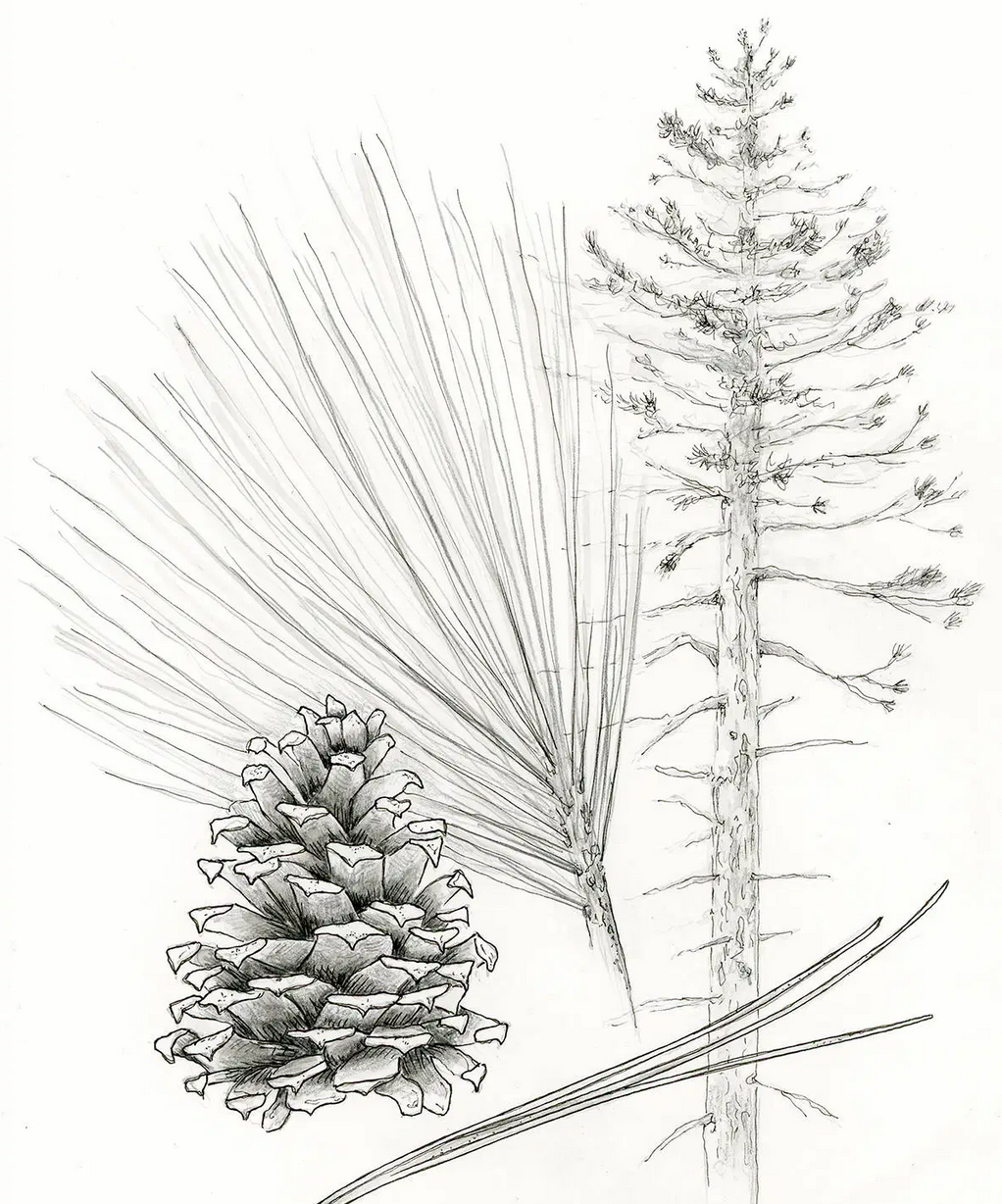
Cascadia Underground, July 6, 2020
New ‘Cascadia’ Field Guide will use Indigenous Classification rather than Western Taxonomy
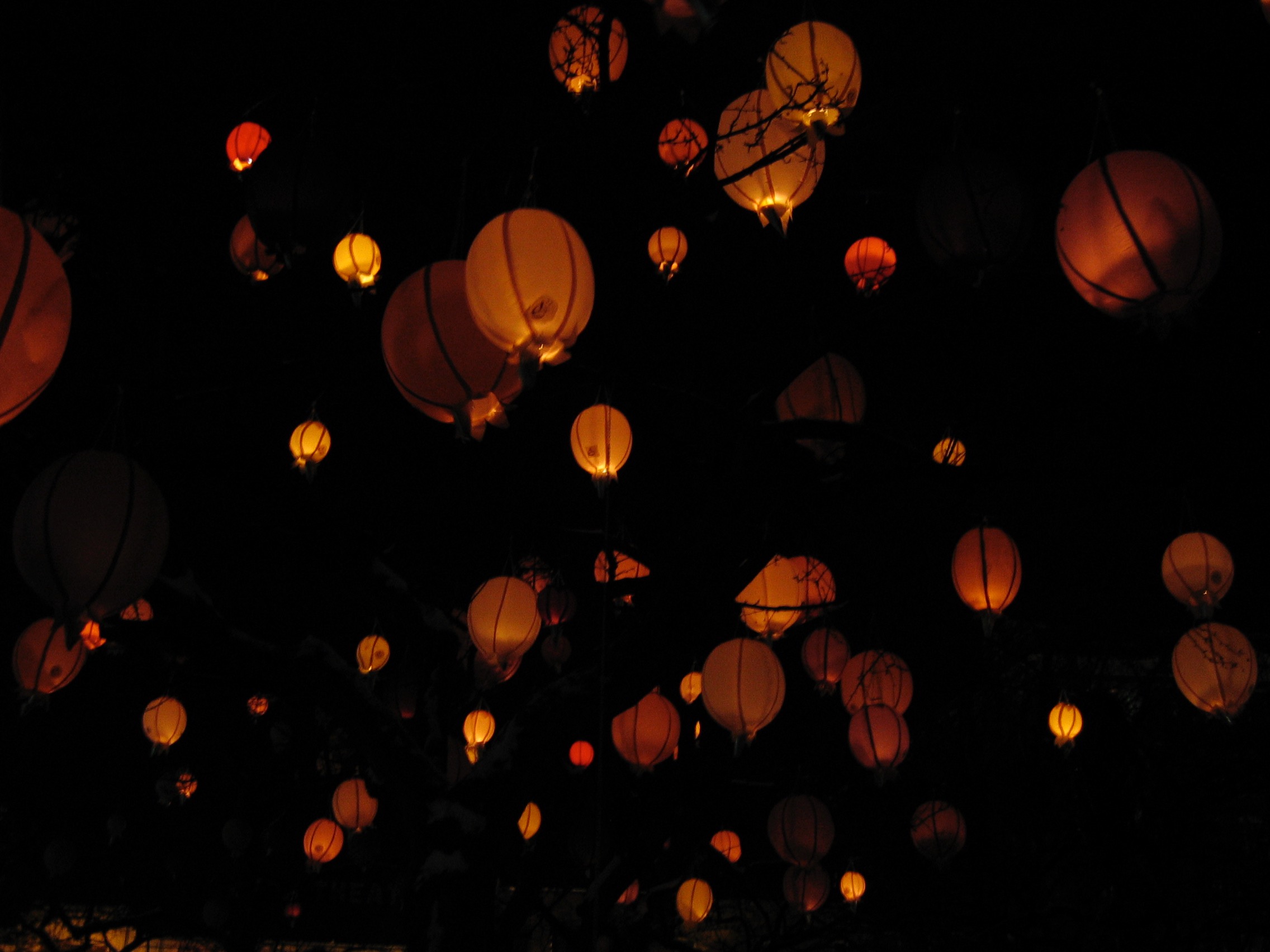
Jemez Principles for Democratic Organizing
Meeting hosted by Southwest Network for Environmental and Economic Justice (SNEEJ), Jemez, New Mexico, Dec. 1996
Organizations we love

Sogorea Te’ Land Trust
Sogorea Te’ Land Trust is an urban Indigenous women-led land trust that facilitates the return of Indigenous land to Indigenous people.
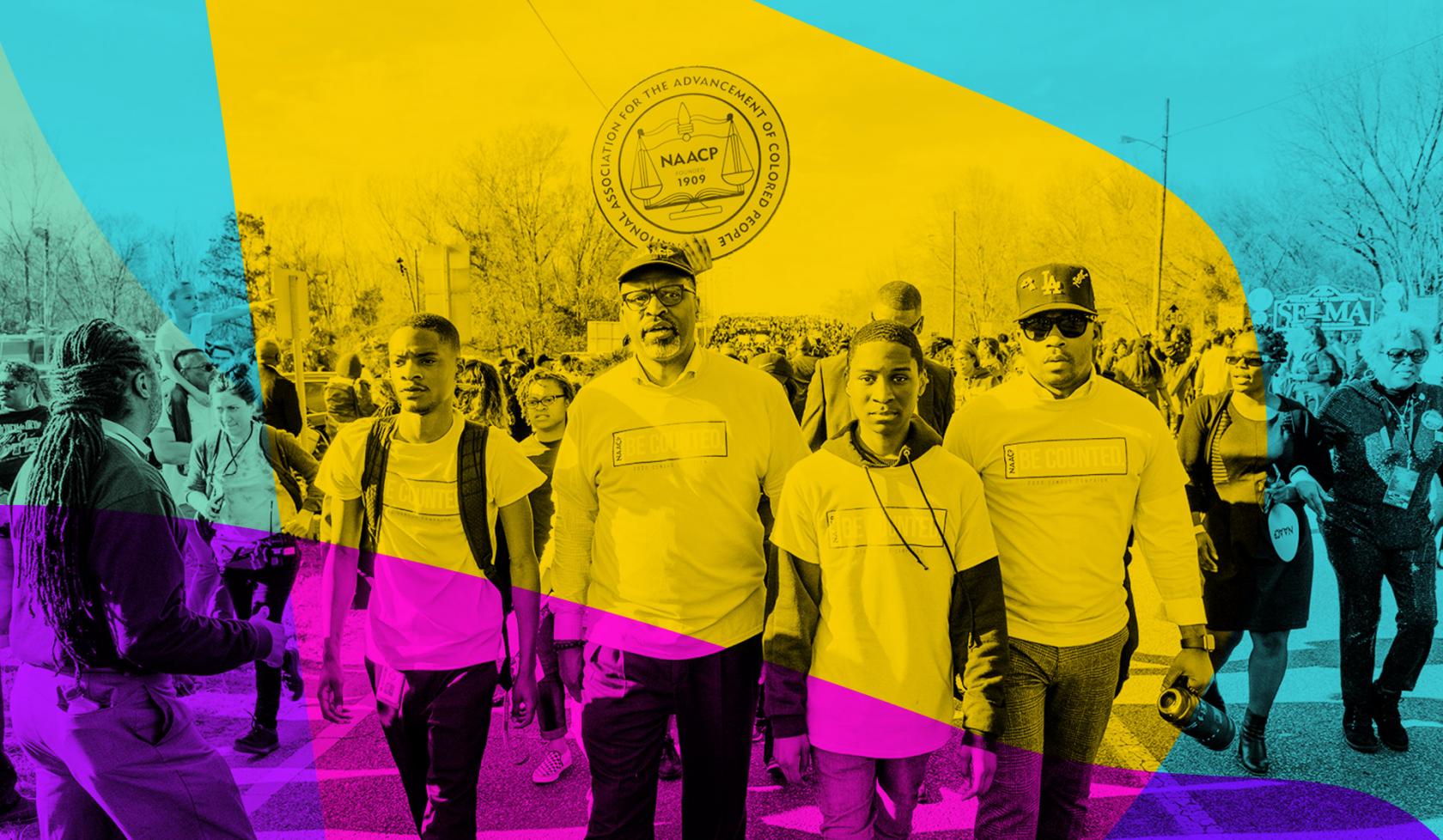
The National Association for the Advancement of Colored People
NAACP’s vision is to ensure a society in which all individuals have equal rights and there is no racial hatred or racial discrimination.
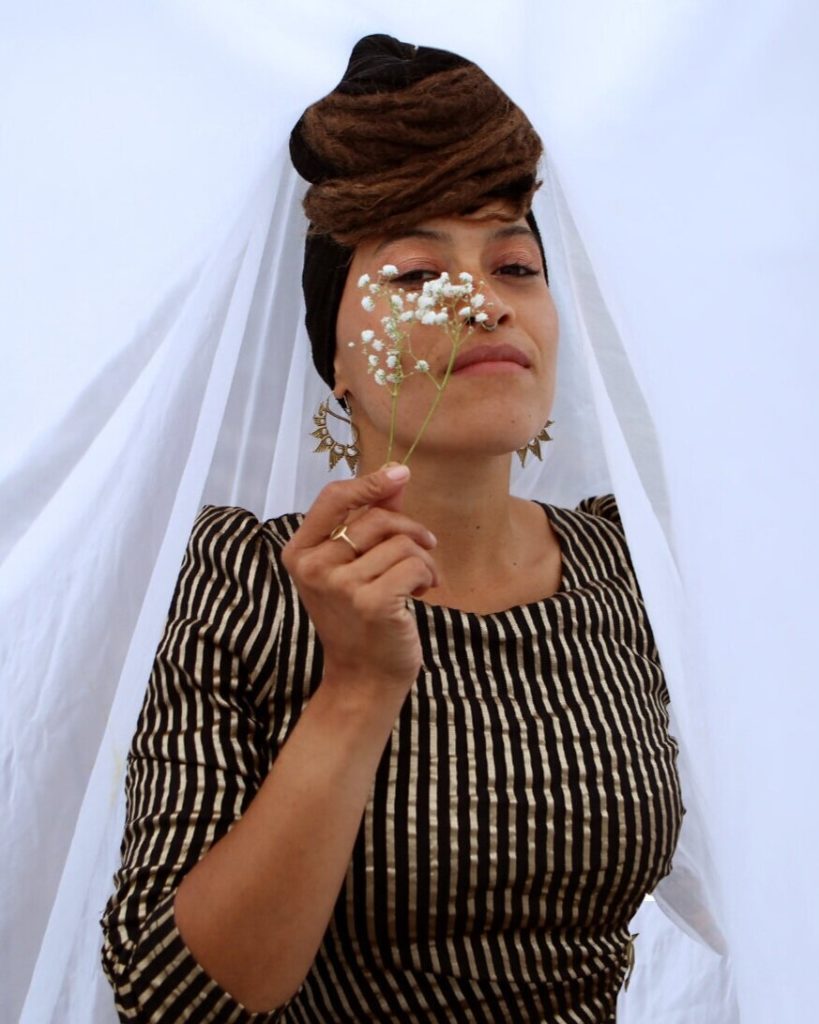
Without earth drawing us back towards one another, where will our souls hover in the eternity of the universe?
Alixa Garcia

Art by Alixa Garcia
